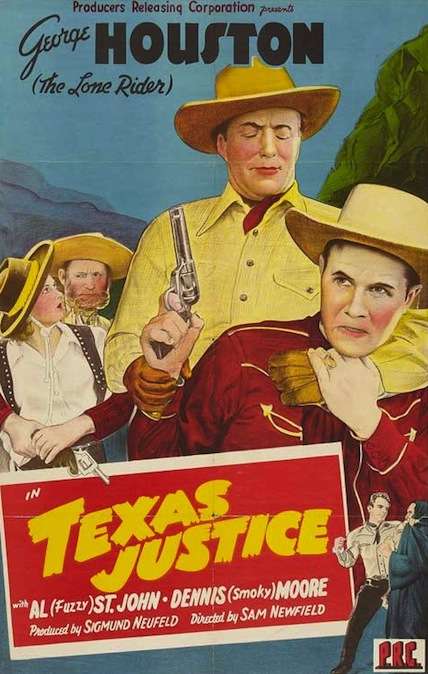Texas: Where the Left/Right Alliance for Criminal Justice Reform Lives On
The prospects for reform in the Lone Star State
Remember the left/right alliance for criminal justice reform? Some of us have been sounding pretty bleak lately when assessing its current prospects on the federal level. But the movement may still have some life left in the states. Scott Henson, the head of the Innocence Project of Texas and the author of the invaluable blog Grits for Breakfast, has an optimistic article in the Texas Observer about incremental reform in the Lone Star State.
Henson thinks the jailhouse death of Sandra Bland will reopen a push "to ban most arrests for non-jailable Class C misdemeanors"—and that this push will come from Tea Party conservatives. He also thinks Texas is on the verge of new efforts to reform bail, roll back asset forfeiture, make police agencies more transparent, and reduce the penalties for possessing small amounts of pot, among other changes. Here's how he sums up the situation:

Long considered perhaps the toughest of tough-on-crime states, Texas finds itself in 2016 in a remarkable position: An increasingly strong bipartisan coalition is pushing for reforms to the criminal justice system. On the agenda are changes that would have been unthinkable back when Democratic Governor Ann Richards led the charge to triple the size of the state's prison system, touting prisons as rural economic development.
Though Texas still has the most prisoners of any state, in recent years it has reduced its incarceration rate and closed three prisons—the first time that's happened, ever. Meanwhile, the Legislature enacted significant reforms to prevent, discover and redress wrongful convictions, and the state has become a national leader on forensic-science reform.
During the most recent legislative session, legislators decriminalized truancy for juveniles, ended the pick-a-pal system for selecting grand juries and adjusted property theft thresholds for inflation for the first time in more than two decades—a change that is likely to push incarceration rates down significantly within five years.
To be sure, Texas has a long way to go. Indeed, to some extent the state was able to enact big reforms because we began with a system so deeply slanted in the other direction….But increasingly, a chorus of voices from both the left and the right are calling for change. Tea party Republicans have recognized prisons and jails as Big Government's epitome and police as its liberty-violating agents. At the same time, the Black Lives Matter movement's national arrival has energized Democratic constituencies opposed to mass incarceration.
Today's criminal justice politics pits those left-right factions against the shrinking moderate Republican middle.
I hope he's right! To read the rest of his article, go here.


Show Comments (43)